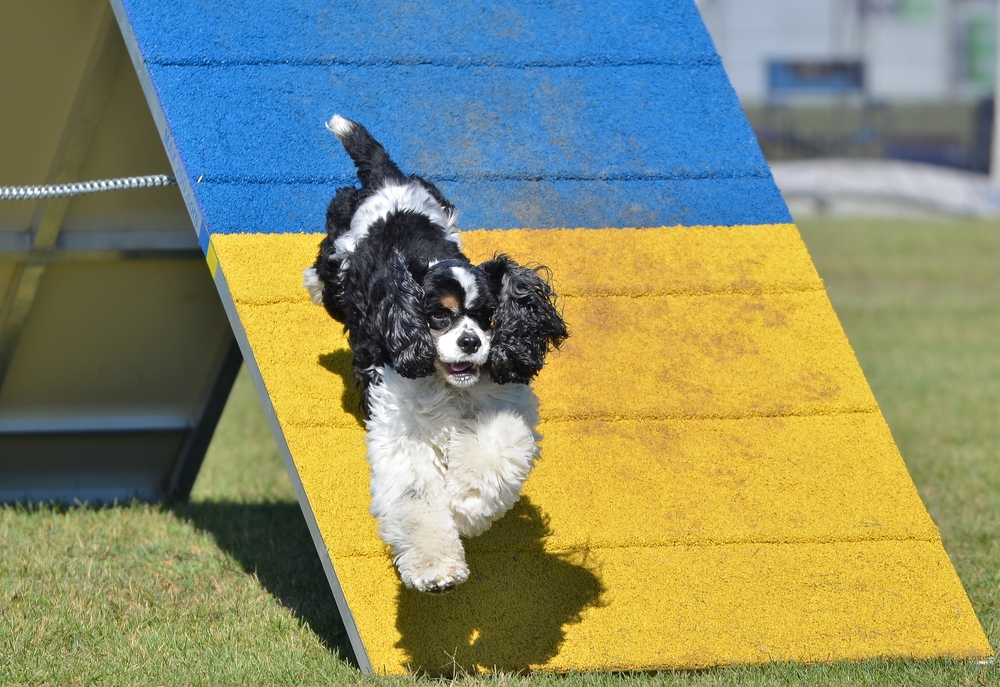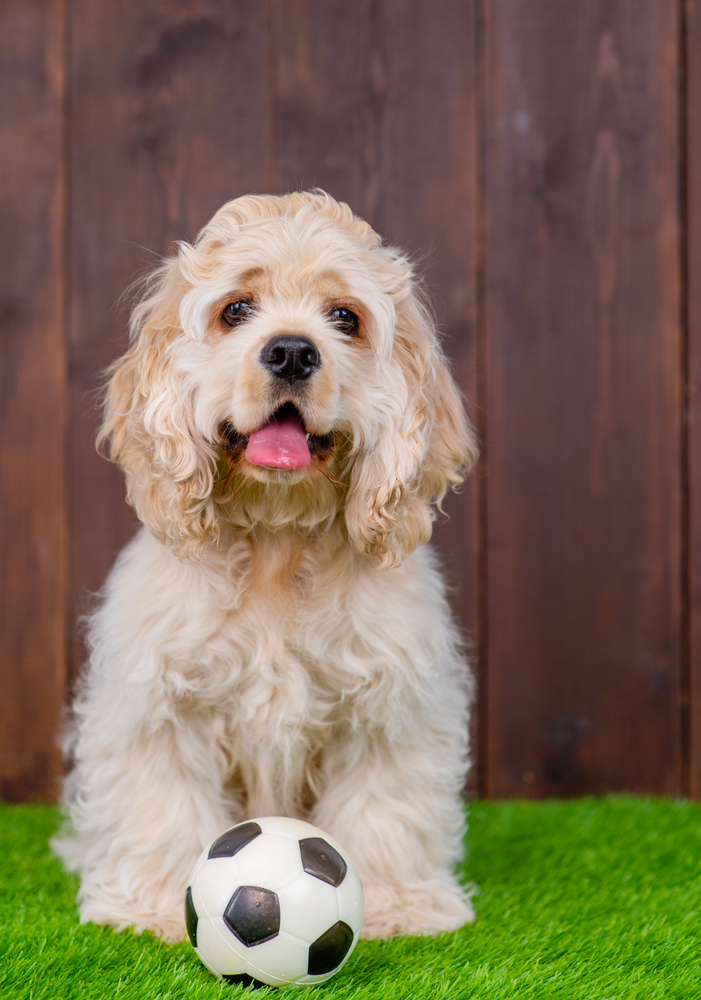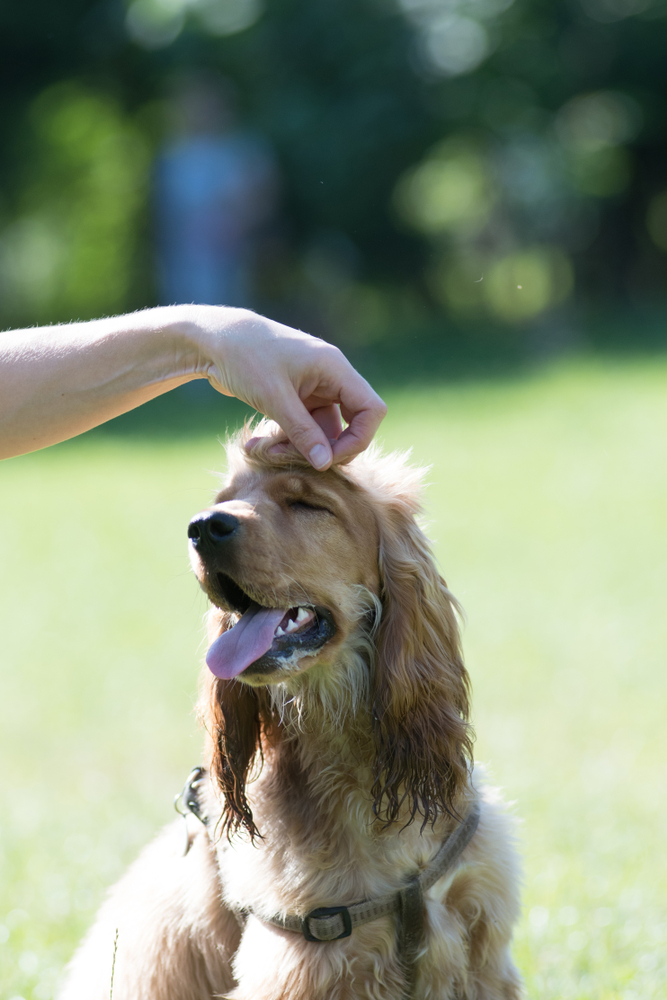Socialization and Interaction with Other Dogs and Pets
We believe that socialization and interaction with other dogs and pets are crucial aspects of a pet’s overall well-being and happiness. As pet owners, we understand the importance of providing our furry companions with opportunities to engage with their fellow four-legged friends and other animals. In this article, we will explore the significance of socialization, the benefits it offers, and provide you with practical tips on how to facilitate positive interactions for your pets.

Understanding the Importance of Socialization
Socialization is the process through which dogs and pets learn to communicate, interact, and adapt to different environments. It plays a fundamental role in shaping their behavior and temperament. Early and ongoing socialization allows pets to become well-adjusted, confident, and emotionally balanced beings. A well-socialized pet is more likely to handle new situations, environments, and encounters with ease.


The Benefits of Socialization
1. Improved Behavioral Skills
By engaging in positive interactions with other dogs and pets, your furry companion can develop essential behavioral skills. They learn how to read body language, communicate effectively, and recognize appropriate boundaries. As a result, they are less likely to exhibit aggressive or anxious behaviors in unfamiliar situations.
2. Reduced Anxiety and Stress
Socialization can significantly reduce anxiety and stress in pets. When they are accustomed to various stimuli, such as meeting new animals or encountering different environments, they become more at ease and adaptable. This can be particularly beneficial during visits to the veterinarian, travel, or other potentially stressful situations.
3. Enhanced Confidence
Interacting with other pets helps build your furry friend’s confidence. As they navigate social situations successfully, they gain a sense of accomplishment and self-assurance. This newfound confidence can extend to various areas of their life, making them more comfortable in their daily activities.
4. Strengthened Bond with Owners
Socialization also fosters a stronger bond between pets and their owners. As you engage in social activities together, you become part of their positive experiences, reinforcing the trust and love they have for you.
Tips for Successful Pet Socialization
1. Start Early
Begin socializing your pets at a young age. Puppies and kittens are particularly receptive to new experiences during their early developmental stages. Introduce them to different animals, people, and environments gradually and positively.
2. Choose Safe and Controlled Environments
When introducing your pets to new animals, ensure the setting is safe and controlled. Avoid overwhelming them with too many new stimuli at once. Controlled environments, such as supervised playdates with friendly, well-behaved animals, provide the ideal space for positive interactions.
3. Use Positive Reinforcement
Reward your pets with praise and treats when they display calm and friendly behavior during social interactions. Positive reinforcement encourages them to associate these situations with positive outcomes, making them more likely to seek out social experiences in the future.
4. Respect Your Pet’s Pace
Every pet is unique and will have its own pace when it comes to socialization. Respect their boundaries and don’t force interactions if they seem uncomfortable or fearful. Allow them to take breaks and come back to the socialization process at their own comfort level.
5. Gradually Increase Exposure
As your pets become more comfortable with socialization, gradually increase their exposure to different animals, environments, and scenarios. This helps them build confidence and adaptability over time.

Socialization and Interaction with Other Dogs and Pets
We cannot stress enough the importance of socialization and interaction for dogs and pets. It is a vital aspect of their emotional and behavioral development, leading to happier, more well-adjusted companions. Remember to start early, choose safe environments, and use positive reinforcement to facilitate successful social interactions. Understanding and respecting your pet’s pace is also crucial for a positive experience.